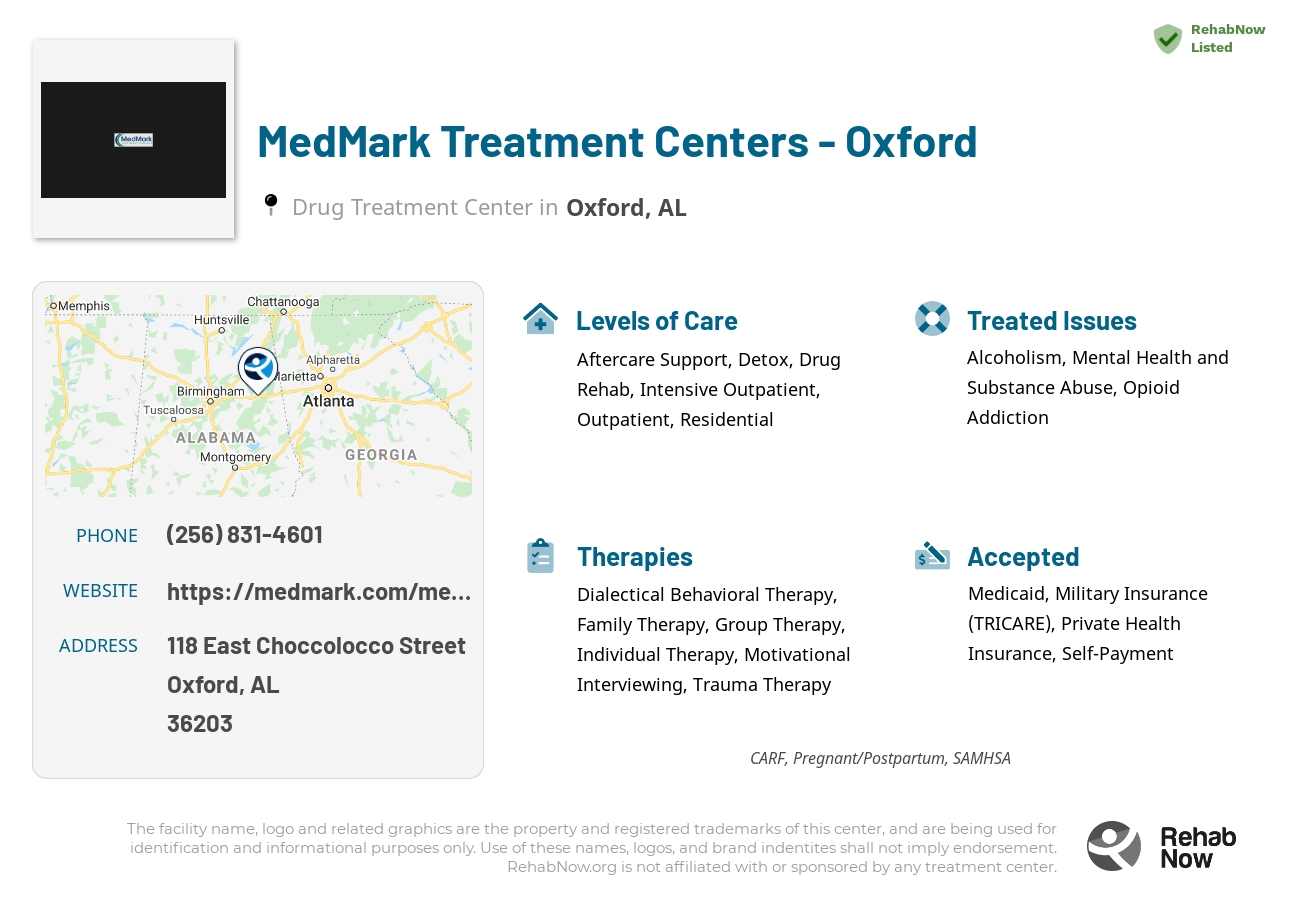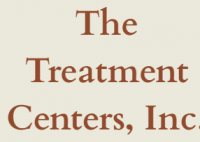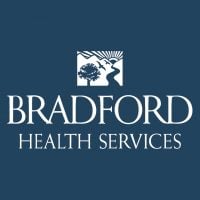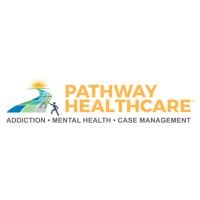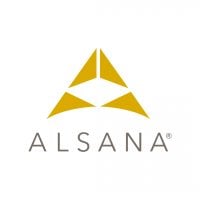MedMark Treatment Centers - Oxford
Drug Rehab Center in Oxford, Alabama
MedMark Treatment Centers - Oxford, located in Oxford, Alabama, is an accredited addiction treatment facility that offers a range of services, including detoxification, outpatient treatment, residential programs, and dual-diagnosis treatment, with a focus on providing high-quality care and ongoing support for individuals struggling with addiction and substance abuse.
About MedMark Treatment Centers - Oxford in Alabama
MedMark Treatment Centers in Oxford, Alabama, stands out for its dedicated approach to treating opioid addiction through a comprehensive medication-assisted treatment (MAT) program. With a strong focus on individuality in the recovery journey, MedMark offers outpatient treatment options that are enhanced by the inclusion of FDA-approved medications, meant to ease withdrawal symptoms and curb cravings. This facility is particularly noted for its personalized care plans, aimed at addressing the unique challenges faced by each client.
- Specialization in Opioid Addiction: MedMark Oxford excels in providing targeted treatment for opioid dependency using medication-assisted treatment programs.
- Comprehensive Outpatient Services: Clients have access to individual and group therapy sessions, coupled with medication management to foster long-term recovery.
- Personalized Care Plans: Reflecting its mission, the facility ensures that each treatment plan is tailored to the client's specific needs, enhancing the effectiveness of their recovery process.
With accreditations from prominent organizations like SAMHSA, CARF, and LegitScript, MedMark Oxford adheres to high standards of care in addiction treatment. These recognitions affirm the center's commitment to offering quality services, including cutting-edge therapeutic interventions that facilitate the recovery process.
MedMark treats not only opioid addiction but also extends its services to individuals struggling with alcoholism, dual diagnosis, and other substance abuses. By offering a spectrum of care levels, from outpatient to residential treatments, alongside the innovative use of MAT, the center ensures a versatile and effective approach to recovery.
Genders
Ages
Modality
Additional
Accreditations
SAMHSA

LegitScript

CARF
The Commission on Accreditation of Rehabilitation Facilities (CARF) is a non-profit organization that specifically accredits rehab organizations. Founded in 1966, CARF's, mission is to help service providers like rehab facilities maintain high standards of care.
Conditions and Issues Treated
Opioid addiction has become a significant health problem in the United States. When a person’s life becomes unmanageable because of an opioid addiction, treatment can help them get sober. Treatment includes medical care and counseling.
“With so many people struggling with opioid addiction, we need more care and attention for those who want to quit. Opioid addicts often take opioids when they experience a painful injury – that’s how the cycle starts! When someone begins taking their medication differently than prescribed or takes an excessive amount of drugs, it means they’re hooked on drugs and in danger of overdosing.
The most successful way to beat this is through detoxing from these types treatments at MedMark Treatment Centers - Oxford in . Most facilities start by using medical support during the process while providing counseling services; rehabilitation comes later on after treatment has been completed successfully.
Levels of Care Offered
This center offers a variety of custom treatment tailored to individual recovery. Currently available are Aftercare Support, Detox, Drug Rehab, Intensive Outpatient, Outpatient, Residential, with additional therapies available as listed below.
The first level of recovery is detox. It involves giving a person the opportunity to get the toxins out of their body safely. The individual receiving treatment at MedMark Treatment Centers - Oxford typically will get ill during detox, and they will often start using again to get rid of unpleasant emotions and complicated physical responses. It is why having a Alabama medical professional present is so critical. A medical professional can make sure that patients do not start using again during detox and stay physically healthy during the process. They will also have treatment on a mental level to relieve their symptoms and guide them through the process.
Outpatient addiction treatment is beneficial for people who are able to function well in their day-to-day lives. It is recommended for people who are not yet ready to end their relationships with friends or family members who might be encouraging drug and alcohol use.
Intensive outpatient treatment is beneficial for:
- People who are able to attend treatment more than 3 times per week.
- People who do not meet the criteria for inpatient treatment.
- People who are able to contribute to their own recovery outside of the treatment center.
- People who are motivated towards recovery.
- People who are able to overcome addiction on their own without the need for higher levels of care.
Outpatient programs at MedMark Treatment Centers - Oxford, the Oxford resident can live with their family while continuing with their job or studies. Treatment includes educating the patient on drug abuse, medications, and counseling sessions at the individual or group level. Outpatient treatment plans cover diagnosis, detoxification, management, and counseling. They are a popular option for those who have graduated from inpatient facilities.
Residential treatment programs are those that offer housing and meals in addition to substance abuse treatment. Rehab facilities that offer residential treatment allow patients to focus solely on recovery, in an environment totally separate from their lives. Some rehab centers specialize in short-term residential treatment (a few days to a week or two), while others solely provide treatment on a long-term basis (several weeks to months). Some offer both, and tailor treatment to the patient’s individual requirements.
Without aftercare support, addicts can easily relapse back into addiction. It is crucial to integrate the addict back into society. Aftercare support should take place after outpatient treatment has ended.
There are a few different types of aftercare support that patients can seek after completing an inpatient treatment program:
- 12 Step Self-help groups (AA, NA)
- Therapeutic communities,
- Long-term, structured sober living arrangements
- Halfway houses (residential treatment centers)
Many different support groups exist for addicts to seek help after treatment. Some are more effective than others, depending on the person’s addiction, background, and other factors.
Therapies & Programs
Individual therapy is a form of counseling where you meet with a trained professional one-on-one. Meeting with a therapist in this setting allows for a personal and trusting relationship to be built. This allows the patient to open up about sensitive or private issues they may not feel comfortable discussing in a group. Individual therapy helps identify the root causes of your addiction, which can help prevent relapse.
Family therapy is often done alongside drug treatment to help addicts stay sober. The goal of family therapy for drug addiction is to create an environment where communication can happen without judgment, hostility, or blame. The therapist will sit with the family so they can learn how to communicate differently and provide new tools for dealing with emotions so that people don’t want to drink or do drugs. It’s important for families to focus on relapse prevention plans during treatment so that if the addict feels like they want to use again, they’ll know what steps they need to take together to prevent it from happening again in the future.
Group therapy sessions are another common addiction recovery service. These group sessions typically involve six to 12 addicts who meet regularly with a trained professional for support and guidance.
During these sessions, the group shares their experiences with one another and provides feedback that can help each member avoid relapse or overcome specific obstacles they are facing in their recovery process. With this type of support and guidance, addicts can feel like they are part of a community that understands their struggles and will help them get through the hard times.
Many people struggling with drug addiction have experienced some form of trauma in their lives. It is crucial that these individuals seek out professional help; otherwise, their drug abuse and addiction will likely continue.
Therapists and counselors at drug treatment centers employ several treatment programs to help people struggling with drug addiction, including trauma therapy. Trauma therapy helps people dealing with addiction by allowing them to confront the traumas of their past and move past them.
It is important to note that trauma therapy should not be confused with PTSD (post-traumatic stress disorder). Rather, it is used to treat the effects of trauma, which are often at the root of addiction.
Dialectical Behavior Therapy was developed in the 1980s to treat chronically suicidal individuals. It is a cognitive-behavioral therapy that combines standard DBT with strategies derived from Zen Buddhism, such as mindfulness training.
DBT has been adapted for use with other types of psychiatric problems, including eating disorders, substance abuse disorders, borderline personality disorder, posttraumatic stress disorder (PTSD), and other personality disorders. Dialectical Behavior Therapy is considered a psychosocial treatment of BPD. This means that while it can be used alone or in conjunction with drug treatments, DBT does not rely on medications to treat the disorder. Instead, DBT aims to help patients change their thinking and behavior.
Cognitive Behavioral Therapy (CBT) focuses on the underlying thoughts and behaviors that caused the problem of addiction in the first place and may cause a relapse. Negative feelings are common in drug abuse disorders, but they can lead to co-occurring disorders if not recognized. CBT involves strategies that help to change the behavior pattern by restructuring negative thoughts into positive ones. It helps to remove these feelings, and it provides long-term benefits. Also, CBT promotes self-awareness and self-control. It can be administered as a monotherapy or as part of combination therapy.
CBT can improve the patient’s mood, reduce drug cravings and boost success rates on treatment plans. Regular practice can help individuals handle negative attitudes, thoughts, and feelings without turning to drugs or alcohol. The core belief of Cognitive Behavioral Therapy (CBT) is that one’s moods, behaviors, and actions are all connected. Individuals can improve their quality of life using CBT. It helps addicts understand the patterns of thought and feelings that cause them to use drugs or alcohol and develop a healthy response.
Payment Options Accepted
For specific insurance or payment methods please contact us.
Is your insurance accepted?
Ask an expert, call (888) 674-0062
MedMark Treatment Centers Associated Centers
Discover treatment facilities under the same provider.
- MedMark Treatment Centers in Morgantown, WV
- MedMark Treatment Centers - Essex in Essex, MD
- MedMark Treatment Centers - Waco in Waco, TX
- MedMark Treatment Centers - Newton in Newton, AL
- MedMark Treatment Centers - Timonium in Lutherville-Timonium, MD
Learn More About MedMark Treatment Centers Centers
Additional Details
Specifics, location, and helpful extra information.
Oxford, Alabama 36203 Phone Number(256) 831-4601 Meta DetailsUpdated April 15, 2024
Staff Verified
MedMark Treatment Centers - Oxford Patient Reviews
There are no reviews yet. Be the first one to write one.
Oxford, Alabama Addiction Information
Opioids, such as heroin, fentanyl, and prescription opioids are related to more than half of all drug-related overdoses in Alabama. Alcohol is the most frequently used substance in Alabama; 85,000 Alabamians use cocaine every single year. In Alabama, there are four times as many vehicle crashes involving alcohol as there are normal vehicle crashes.
The drug addiction problem in Oxford, Alabama, is relatively small compared to other parts of the country. However, there have been cases of addiction and abuse reported in the city. In the city, 1 in 5 people report misusing prescription drugs. There are many different drug rehab centers in Oxford, Alabama. Some offer inpatient treatment, while others offer outpatient treatment.
Treatment in Nearby Cities
- Livingston, AL (153.9 mi.)
- Union Springs, AL (101.9 mi.)
- Anniston, AL (3.1 mi.)
- Hamilton, AL (129.0 mi.)
- Luverne, AL (133.7 mi.)
Centers near MedMark Treatment Centers - Oxford
The facility name, logo and brand are the property and registered trademarks of MedMark Treatment Centers - Oxford, and are being used for identification and informational purposes only. Use of these names, logos and brands shall not imply endorsement. RehabNow.org is not affiliated with or sponsored by MedMark Treatment Centers - Oxford.





